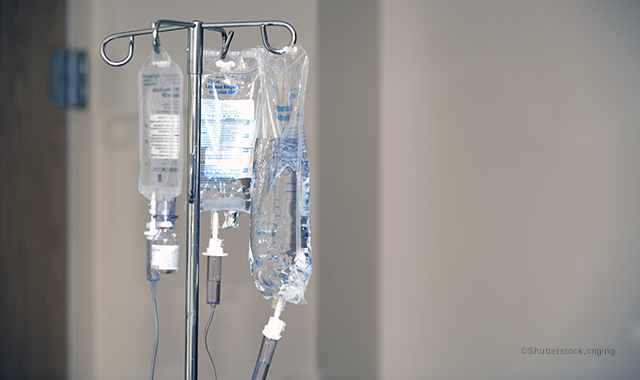Oral bacteria linked to risk of pancreatic cancer
A recent study has identified certain types of oral bacteria that have a correlation with the risk of developing pancreatic cancer.

A recent study has identified certain types of oral bacteria that have a correlation with the risk of developing pancreatic cancer.
Oral bacteria have been linked to a slew of medical conditions, including heart attack, stroke, breast cancer and more, and researchers believe pancreatic cancer can be added to the list. In a recent study from the Laura and Isaac Perlmutter Cancer Center at the NYU Langune Medical Center, researchers discovered that the presence of two specific types of bacteria, Porphyromonas gigivalis and Aggregatibacter actinomycetemcomitans, significantly raised the likelihood of developing pancreatic cancer. Both bacteria have previously been tied to periodontitis and other oral diseases.
“These bacterial changes in the mouth could potentially show us who is most at risk of developing pancreatic cancer,” says study author Jiyoung Ahn, PhD, associate director of population sciences at the Perlmutter Cancer Center and associate professor the NYU Langone.
To identify the link, researchers studied bacterial contents in mouthwash samples from over 700 Americans participating in a larger ongoing cancer study through the National Cancer Institute and the American Cancer Society. After mouthwash samples were obtained, study participants, who were all healthy at the beginning of the study, were monitored for several years to determine how many would develop pancreatic cancer. Ultimately, 361 of the study participants developed pancreatic cancer, and researchers determined that those that had Porphyromonas gingivalis had a 59 percent greater chance of doing so than those without the bacteria. Similarly, patients whose oral bicrobiomes contained Aggregatibacter actinomycetemcomitans faced a 50 percent greater risk of developing the disease.
In addition to the discovery of the bacteria correlation, researchers also found other contributing factors.
"Our study offers the first direct evidence that specific changes in the microbial mix in the mouth -- the oral microbiome -- represent a likely risk factor for pancreatic cancer along with older age, male gender, smoking, African-American race, and a family history of the disease," says Ahn.
While the study cannot show direct cause and effect, researchers believe it is a step in identifying risk factors for developing pancreatic cancer, although they have not yet determined why the bacteria contribute to this increased risk. The hope is that if researchers can identify the exact role of oral bacteria in pancreatic cancer, new screening techniques could be developed to increase early intervention, or even prevent cancer.
The American Cancer Society estimates that about 53,070 people will be diagnosed with pancreatic cancer in 2016, and approximately 41,780 patients will die from the disease. While the average lifetime risk of the disease is low (about 1 in 65 or 1.5 percent), pancreatic cancer has a poor prognosis, as it spreads quickly and often escapes early detection, making prevention critical.
The research was presented on April 19 in New Orleans at the annual meeting of the American Association for Cancer Research.